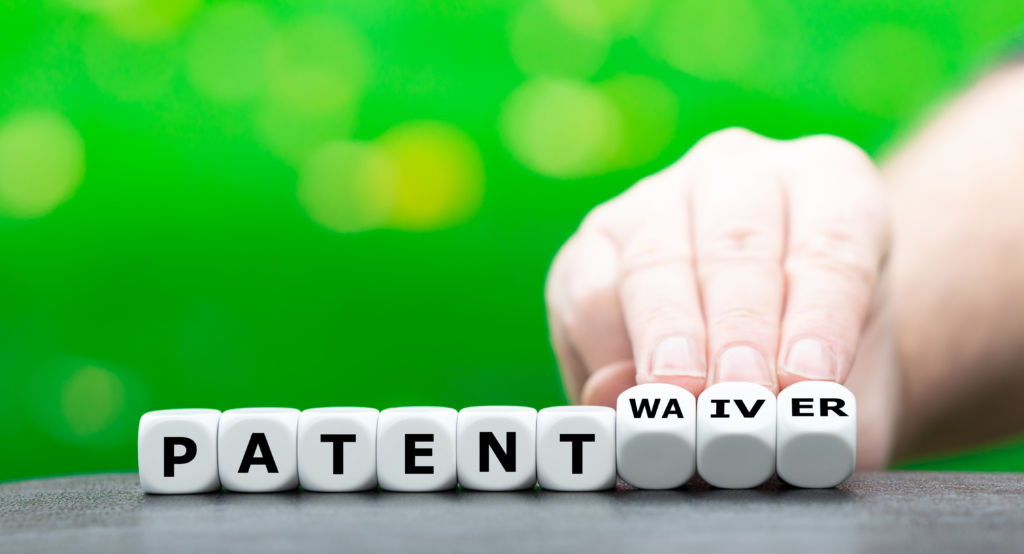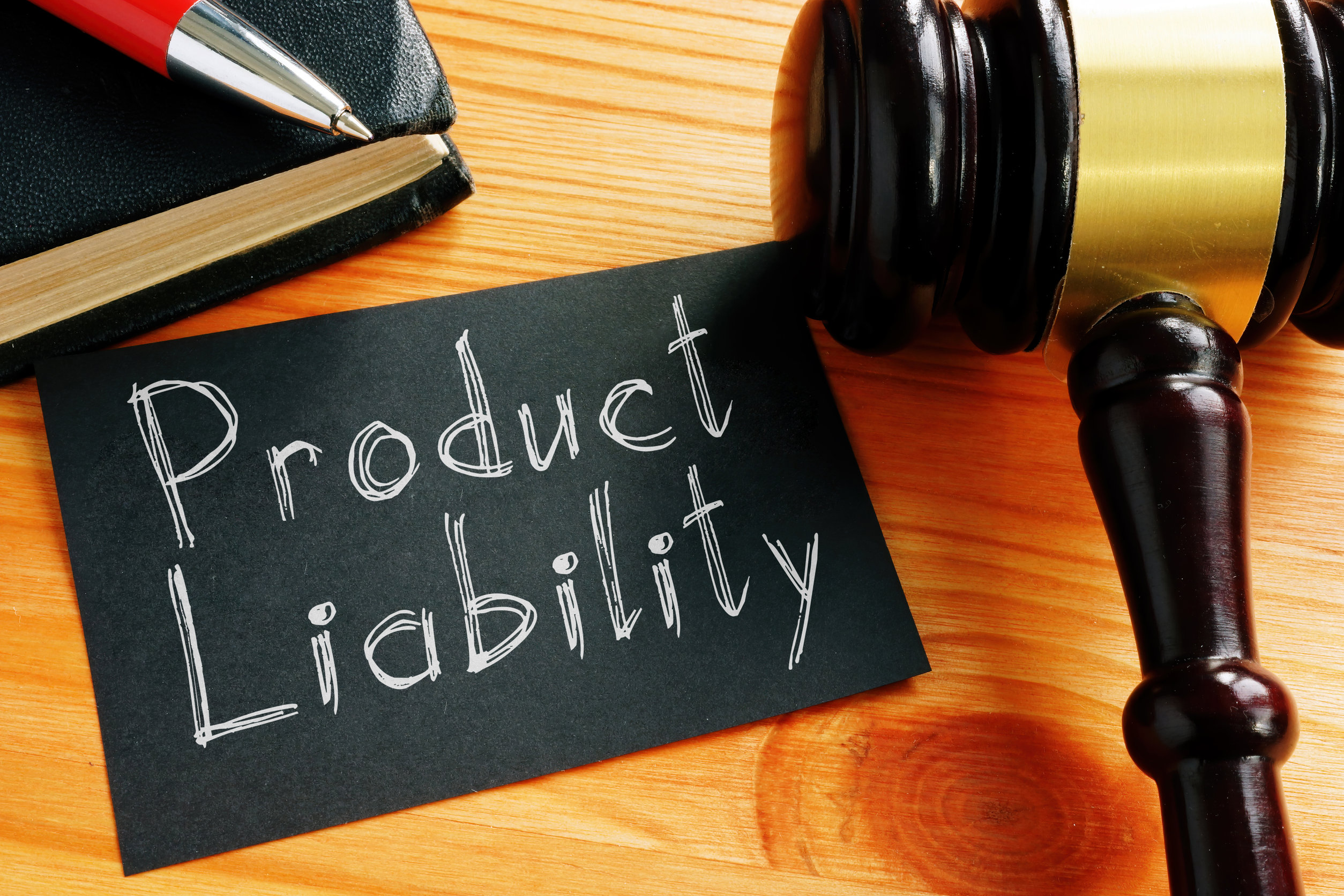By: Editorial Staff, Date: August 3rd, 2021
In an effort to boost the supply of COVID-19 vaccines, the US government recently voiced its support for temporarily suspending the intellectual property protections that would normally be afforded to the companies producing the vaccines. The argument is that providing patent waivers to manufacturers that do not own the patent on COVID-19 vaccines will allow more manufacturers to begin producing vaccines and providing them to underserved populations. Currently, around three billion COVID-19 vaccines have been administered worldwide. However, the vast majority of these vaccines have gone to wealthier countries, and completely shutting down the spread of the virus will require a much higher vaccination in poorer countries and populations.

For many, providing patent waivers on COVID-19 vaccines and related technologies seems like an obvious solution to this problem. However, allowing patent waivers on COVID-19 vaccines is a policy that does have its drawbacks. While it is obvious that the pharmaceutical companies who own these patents would oppose this plan, the objections they raise are legitimate and go beyond simply hurting their profits. Among other issues, these companies argue that patent waivers will discourage innovation and remove the financial incentive that might otherwise drive discoveries that would allow us to combat the virus more effectively.
Encouraging continued investment and innovation while at the same time making the vaccine as easy to produce as possible in locations all over the world is a fine line to walk. While the United States has joined the list of countries voicing support for COVID-19 vaccine patent waivers, many others oppose the plan – including Japan, the UK, Switzerland, Australia, Brazil, and the European Union. Instead of supporting patent waivers, the EU has called on the UK and US to start exporting more vaccines and vaccine ingredients.
Negotiations between countries and pharmaceutical companies regarding COVID-19 vaccine production and potential patent waivers have already begun. Given the current state of disagreement and the powerful forces on both sides of the argument, though, it is yet to be seen what – if any – compromises these negotiations will produce.
Upcoming Webcasts
Demystifying Recent Trends in PFAS Litigation: Product Liability and Beyond
Litigation regarding per- and polyfluoroalkyl substances has continued to evolve, from product liability to environmental litigation to consumer class actions. Recent and forthcoming regulations continue to add new dimensions, potentially impacting multiple areas of legal practice and a variety of industries. Particularly, these claims have reached across the supply chain, including retailers and distributors, with novel legal theories, further underscoring the need to stay abreast for recent trends in this area. James DeMay of Milberg Coleman Bryson Phillips Grossman, LLC and Michael A. Fazio of Dechert LLP in this CLE webcast as they discuss some recent trends and share insights on how to navigate challenges by recent cases and regulations.


